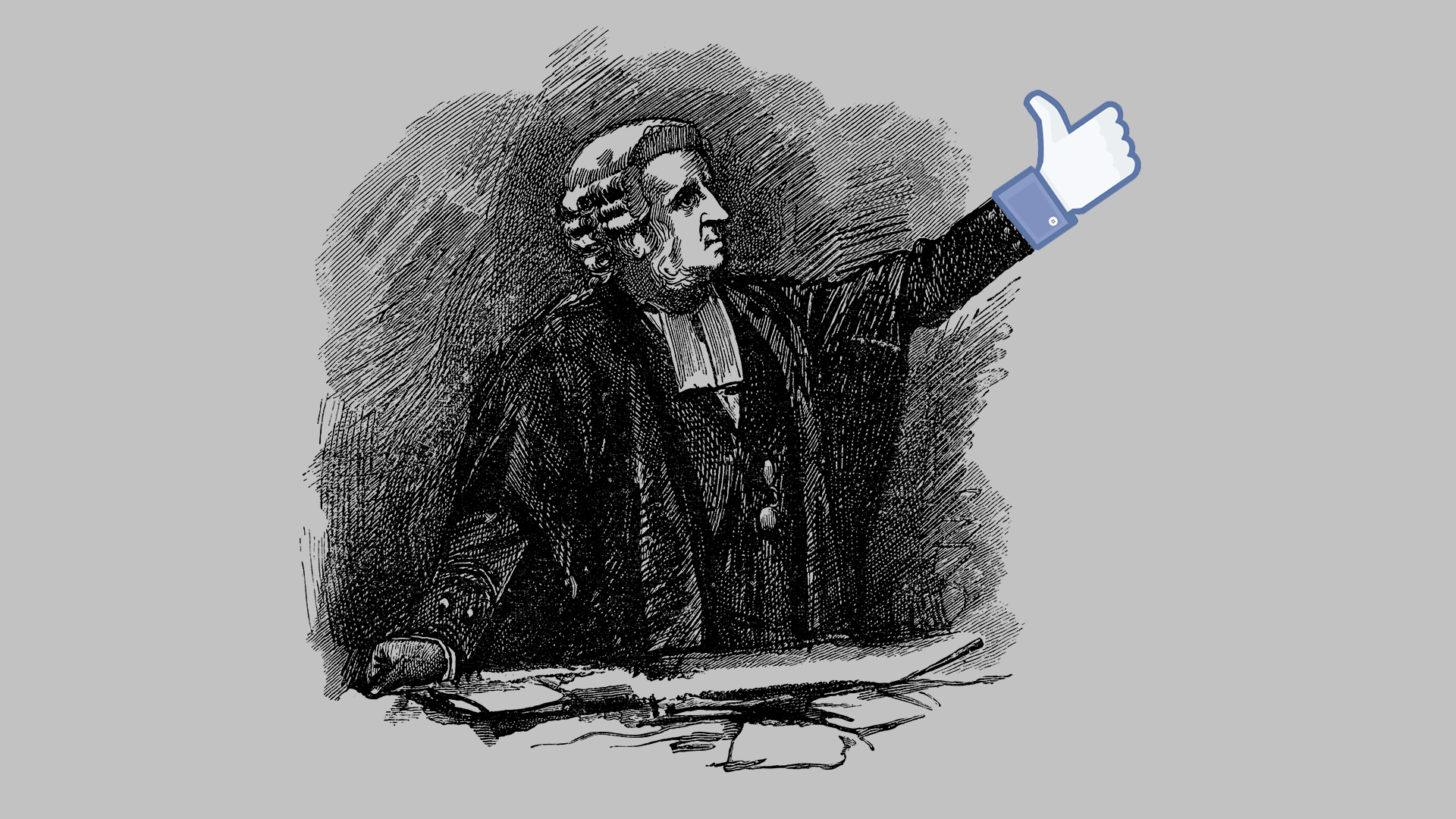
Illustration: Aïda Amer/Axios
Facebook is putting flesh on its plan to create an independent content moderation review board with the release Tuesday of a final charter for the body.
Why it matters: As controversies over hate speech, misinformation and privacy multiply, CEO Mark Zuckerberg has poured energy and resources into the plan for a "Facebook Supreme Court." The company hopes the oversight board will help it better navigate its quasi-national role — and deliver more consistent decisions about what kinds of expression are acceptable on its platform.
Details: The charter lays out the structure for an independent body of up to 40 part-time members who will be paid and overseen by an independent trust, funded initially by Facebook.
- Board members will take cases when users appeal Facebook's decision on whether a piece of content should be removed from the service. They will also take direct referrals of cases from Facebook itself.
- Each case will be reviewed by a panel of 5 board members, who will base decisions on Facebook's community standards and its values, then report them and their rationale publicly.
- Facebook says it is "committing" to implement board decisions, even where Facebook leadership disagrees. If the board's choice conflicts with local laws, the laws will take precedent.
- Facebook says it will treat individual content judgments by the board as binding, but will weigh whether to apply those judgments more widely to similar cases through its own policy process.
- On a press call, Facebook representatives said they expected the board was more likely to accept dozens of high-profile cases than thousands.
What's next:
- Facebook aims to fill the oversight board's 2 co-chair roles soon, and it plans to have the first 11 board spots filled by the end of 2019 — the charter-specified minimum number the board needs to operate.
- The company intends to leave many of the operating details of the body for its membership to determine.
- Much further down the road, if the board's work is successful, Facebook envisions that other platforms might decide to establish relationships with it and use its services.
Yes, but: "The board's decision will be binding," Zuckerberg wrote in a post about the new charter. Yet there is no mechanism for the board to enforce its decisions, and no guarantee that Facebook leadership will stick to that commitment in the future should its priorities change.
- Facebook tried to turn some policy decisions over to community voting a decade ago, but had a hard time getting users to participate.
Our thought bubble: Zuckerberg and company are embarking on a grand experiment in a new kind of online community governance structure that draws some of its heritage from legal systems, some from the business world, and some from the traditions of the internet itself.
- This is new territory, and the success of the effort, will largely depend on the ingenuity and clearheadedness of the people who first fill the board's seats.
